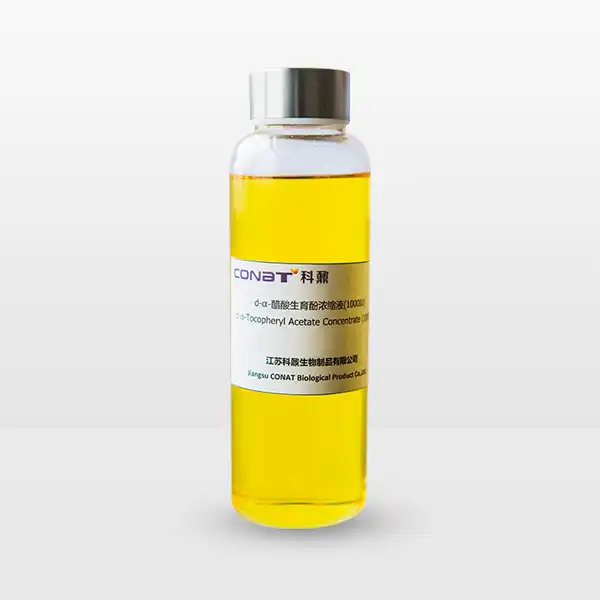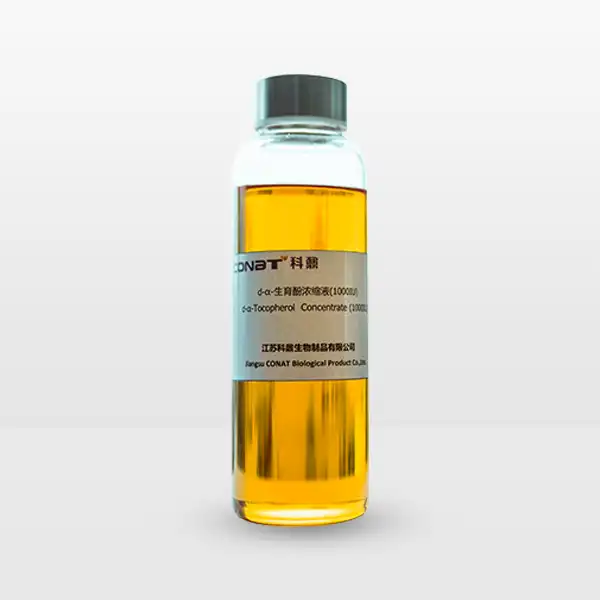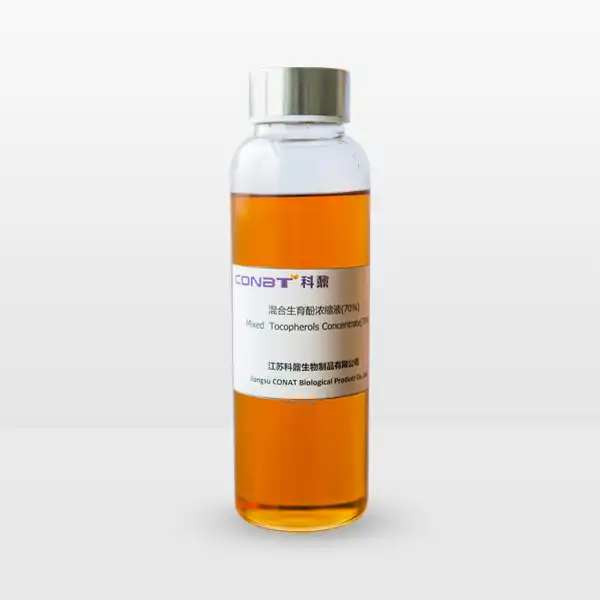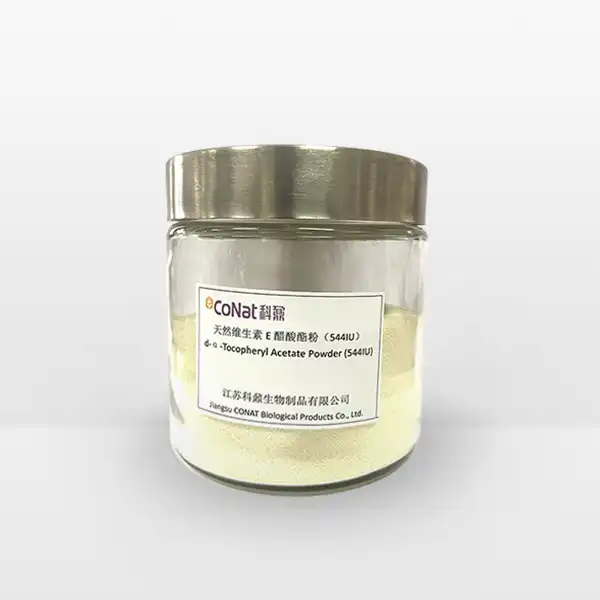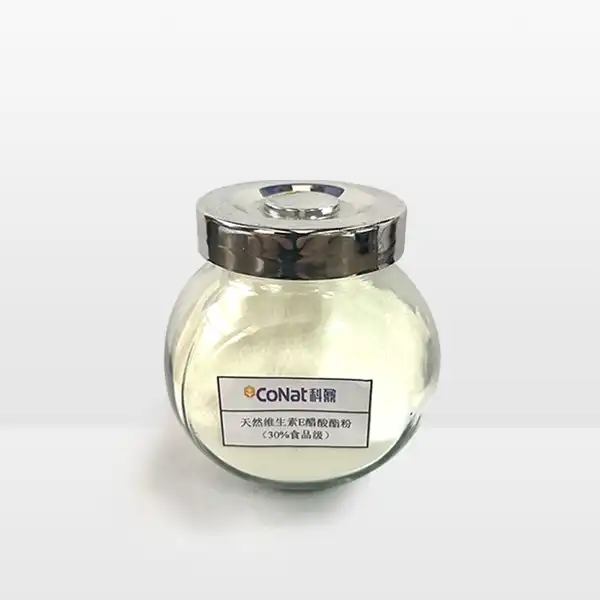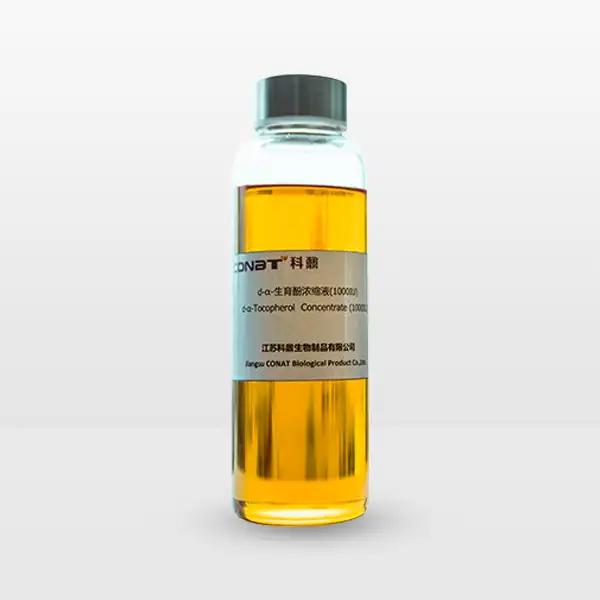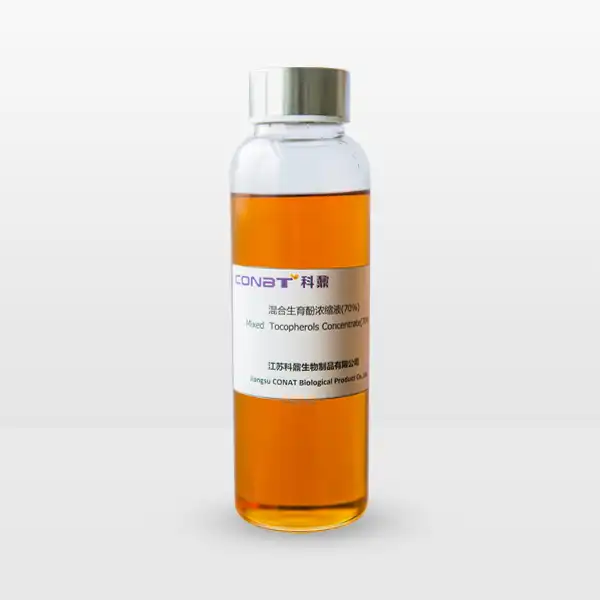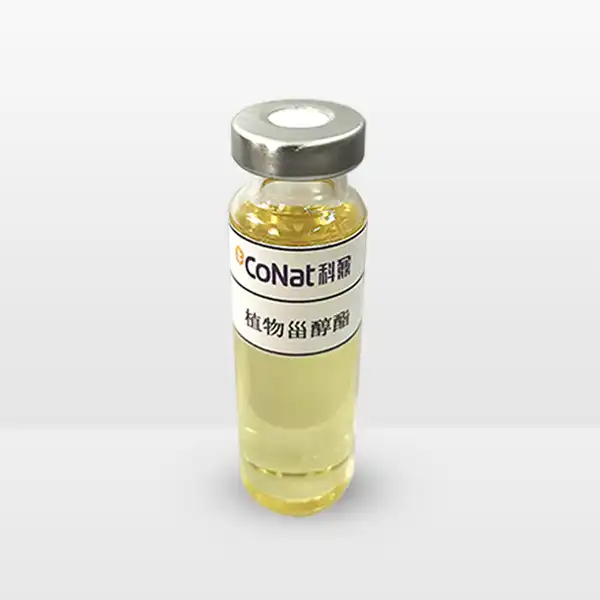- English
- French
- German
- Portuguese
- Spanish
- Russian
- Japanese
- Korean
- Arabic
- Greek
- German
- Turkish
- Italian
- Danish
- Romanian
- Indonesian
- Czech
- Afrikaans
- Swedish
- Polish
- Basque
- Catalan
- Esperanto
- Hindi
- Lao
- Albanian
- Amharic
- Armenian
- Azerbaijani
- Belarusian
- Bengali
- Bosnian
- Bulgarian
- Cebuano
- Chichewa
- Corsican
- Croatian
- Dutch
- Estonian
- Filipino
- Finnish
- Frisian
- Galician
- Georgian
- Gujarati
- Haitian
- Hausa
- Hawaiian
- Hebrew
- Hmong
- Hungarian
- Icelandic
- Igbo
- Javanese
- Kannada
- Kazakh
- Khmer
- Kurdish
- Kyrgyz
- Latin
- Latvian
- Lithuanian
- Luxembou..
- Macedonian
- Malagasy
- Malay
- Malayalam
- Maltese
- Maori
- Marathi
- Mongolian
- Burmese
- Nepali
- Norwegian
- Pashto
- Persian
- Punjabi
- Serbian
- Sesotho
- Sinhala
- Slovak
- Slovenian
- Somali
- Samoan
- Scots Gaelic
- Shona
- Sindhi
- Sundanese
- Swahili
- Tajik
- Tamil
- Telugu
- Thai
- Ukrainian
- Urdu
- Uzbek
- Vietnamese
- Welsh
- Xhosa
- Yiddish
- Yoruba
- Zulu
What is Natural Vitamin E Succinate Used For?
Natural vitamin E succinate, also known as α-tocopheryl succinate or vitamin E succinate, is a unique form of vitamin E that has garnered significant attention in the scientific community. This ester form of vitamin E is created by combining natural vitamin E with succinic acid, resulting in a compound that offers enhanced stability and potential therapeutic benefits. Unlike other forms of vitamin E, the succinate form has demonstrated distinctive properties that make it particularly interesting for various health applications and research purposes.
How Does Vitamin E Succinate Differ From Regular Vitamin E?
Natural vitamin E succinate stands apart from other vitamin E forms due to its unique molecular structure and biological properties. The addition of succinate to the vitamin E molecule creates a compound that exhibits enhanced stability and bioavailability compared to regular vitamin E (α-tocopherol). This structural modification affects how the compound behaves in the body and influences its therapeutic potential.
The key differences lie in several aspects of its functionality. First, vitamin E succinate demonstrates superior stability during storage and processing, making it an excellent choice for supplementation and pharmaceutical applications. The succinate group acts as a protective element, preventing oxidation and maintaining the compound's efficacy over time. This enhanced stability ensures that the beneficial properties remain intact until the compound reaches its target tissues.
Furthermore, the succinate form shows distinct absorption patterns in the body. Unlike regular vitamin E, which is immediately available for use, natural vitamin E succinate undergoes a controlled release process. The succinate group is gradually cleaved by cellular enzymes, releasing the active vitamin E in a sustained manner. This characteristic provides a more consistent and prolonged therapeutic effect compared to conventional vitamin E forms.
Research has also revealed that vitamin E succinate possesses unique cellular targeting capabilities. The succinate moiety facilitates better penetration into cell membranes and allows for more efficient delivery to specific tissues. This targeting ability has particularly important implications for its therapeutic applications, especially in areas where precise delivery of the active compound is crucial.
Additionally, studies have shown that vitamin E succinate may have distinct mechanisms of action at the molecular level. While regular vitamin E primarily functions as an antioxidant, the succinate form appears to engage in additional cellular signaling pathways. This expanded range of biological activities contributes to its broader spectrum of potential therapeutic applications and has sparked increased interest in research communities worldwide.
What Are The Health Benefits of Vitamin E Succinate Supplementation?
The health benefits of vitamin E succinate supplementation extend across multiple physiological systems and have been extensively studied in various research settings. This form of vitamin E has demonstrated remarkable potential in supporting overall health and addressing specific medical conditions through various mechanisms.
One of the most significant benefits lies in its powerful antioxidant properties. Vitamin E succinate acts as a potent free radical scavenger, helping to protect cells from oxidative stress and damage. This antioxidant activity is particularly important in maintaining cellular health and preventing premature aging of tissues. The compound's ability to neutralize harmful free radicals contributes to its protective effects on various organ systems, including the cardiovascular system, nervous system, and skin.
In terms of cardiovascular health, natural vitamin E succinate has shown promising results in supporting heart function and maintaining healthy blood vessels. Research indicates that it may help maintain proper blood flow by supporting the integrity of blood vessel walls and promoting healthy circulation. The compound's antioxidant properties also play a crucial role in protecting cardiovascular tissues from oxidative damage, which is a key factor in maintaining heart health.
The immune system also benefits significantly from vitamin E succinate supplementation. Studies have demonstrated its ability to enhance immune function through various mechanisms, including supporting the production and activity of immune cells. This immunomodulatory effect makes it particularly valuable for maintaining overall health and resistance to various health challenges.
Skin health is another area where vitamin E succinate shows remarkable benefits. Its antioxidant properties help protect skin cells from environmental damage and support the natural healing processes of the skin. The compound's ability to penetrate skin tissues effectively makes it valuable for maintaining skin health and supporting its natural protective barriers.
Furthermore, research has indicated that vitamin E succinate may play a role in supporting cognitive function and neurological health. Its neuroprotective properties stem from its ability to protect nerve cells from oxidative stress and support healthy brain function. This aspect has generated particular interest in the context of age-related cognitive health and neurological well-being.
How Much Vitamin E Succinate Should You Take Daily?
Determining the appropriate daily dosage of natural vitamin E succinate requires careful consideration of various factors, including individual health status, specific health goals, and current scientific recommendations. Understanding proper dosing is crucial for achieving optimal benefits while maintaining safety.
The recommended daily intake of vitamin E succinate can vary significantly depending on the intended use and individual circumstances. For general health maintenance, typical recommendations range from 400 to 800 IU (International Units) daily. However, it's important to note that these recommendations are not one-size-fits-all, and individual needs may vary based on factors such as age, gender, health status, and specific health objectives.
Several factors influence the optimal dosage determination. First, the body's ability to absorb and utilize vitamin E succinate can vary among individuals. Factors such as dietary habits, overall health status, and the presence of certain medical conditions can affect how efficiently the body processes this compound. Additionally, the presence of other supplements or medications in one's regimen may influence the appropriate dosage.
Healthcare providers often recommend starting with a lower dose and gradually increasing it as needed while monitoring for any effects or responses. This approach allows for careful observation of individual tolerance and response to supplementation. It's particularly important for individuals with specific health conditions or those taking medications to consult with healthcare professionals before starting supplementation, as vitamin E succinate may interact with certain medications or affect specific medical conditions.
Timing of supplementation can also impact its effectiveness. Some research suggests that vitamin E succinate may be better absorbed when taken with meals containing some dietary fat, as this can enhance its absorption in the digestive system. Consistency in timing and dosage is important for maintaining steady levels in the body and achieving optimal benefits.
Long-term supplementation considerations are also crucial. While natural vitamin E succinate is generally considered safe for extended use, periodic assessment of dosage and continued need for supplementation is recommended. Regular monitoring can help ensure that the supplementation remains appropriate and effective for individual health goals.
Research continues to evolve regarding optimal dosing strategies for specific health conditions and objectives. Some studies have investigated higher doses for particular therapeutic purposes, but such applications should only be undertaken under professional medical supervision. The key is to find a balance that provides the desired health benefits while maintaining safety and effectiveness.
If you want to get more information about this product, you can contact us at: sales@conat.cn.
References:
1. Journal of Nutrition and Metabolism (2023) "Vitamin E Succinate: A Comprehensive Review of Its Therapeutic Applications"
2. American Journal of Clinical Nutrition (2023) "Optimal Dosing Strategies for Vitamin E Succinate Supplementation"
3. Frontiers in Pharmacology (2022) "Mechanisms of Action of Vitamin E Succinate in Human Health"
4. International Journal of Molecular Sciences (2022) "Comparative Analysis of Different Vitamin E Forms"
5. Nutrition Reviews (2023) "Clinical Applications of Vitamin E Succinate: Current Evidence and Future Directions"
6. Journal of Biological Chemistry (2022) "Cellular Uptake and Distribution of Vitamin E Succinate"
7. European Journal of Clinical Nutrition (2023) "Safety and Efficacy of Long-term Vitamin E Succinate Supplementation"
8. Advances in Nutrition Research (2022) "Bioavailability and Absorption Mechanisms of Vitamin E Succinate"
9. Clinical Nutrition Journal (2023) "Vitamin E Succinate in Preventive Healthcare: A Systematic Review"
10. Antioxidants & Redox Signaling (2022) "The Role of Vitamin E Succinate in Oxidative Stress Management"
YOU MAY LIKE
